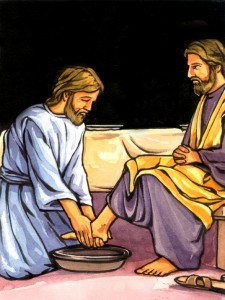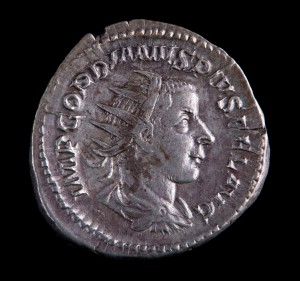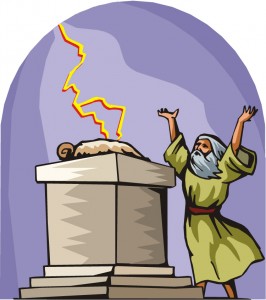The surprising way Leviticus chapters 12, 13 and 14 relate to you
These several chapters are some of the most difficult ones in the Torah for us to wrap our brains around spiritually. What is the relevance of these arcane laws of ritual impurity and “leprosy” to us in modern times ? With a little thought, we can see that there are some deep and relevant spiritual truths contained in these biblical passages!
As Matthew Henry points out in his classic gospel-oriented commentary on these passages, after the laws concerning clean and unclean foods in Leviticus 11 come the laws concerning clean and unclean persons. As germs are contagions causing physical disease, so man is infected with the spiritual contagion of a sin nature that brings about spiritual disease leading ultimately to death. Henry points out that man imparts his depraved sin nature to his offspring at the time of conception, which is why the woman needed to go through ritual cleansing at the time of a child’s birth. Similarly, the Bible teaches us that the plague of leprosy (Heb. tzaaras referring to a generic skin disease) was judgment by Eohim against the sins of rebellion, greed and misuse of the tongue (e.g, Miriam, Gehazi and King Uzziah).
The spread of and cure for spiritual diseases is similar to those of physical diseases, as we’ll discuss below. First, however, let’s compare and contrast how physical germs are similar to spiritual sin “germs.” Continue reading








